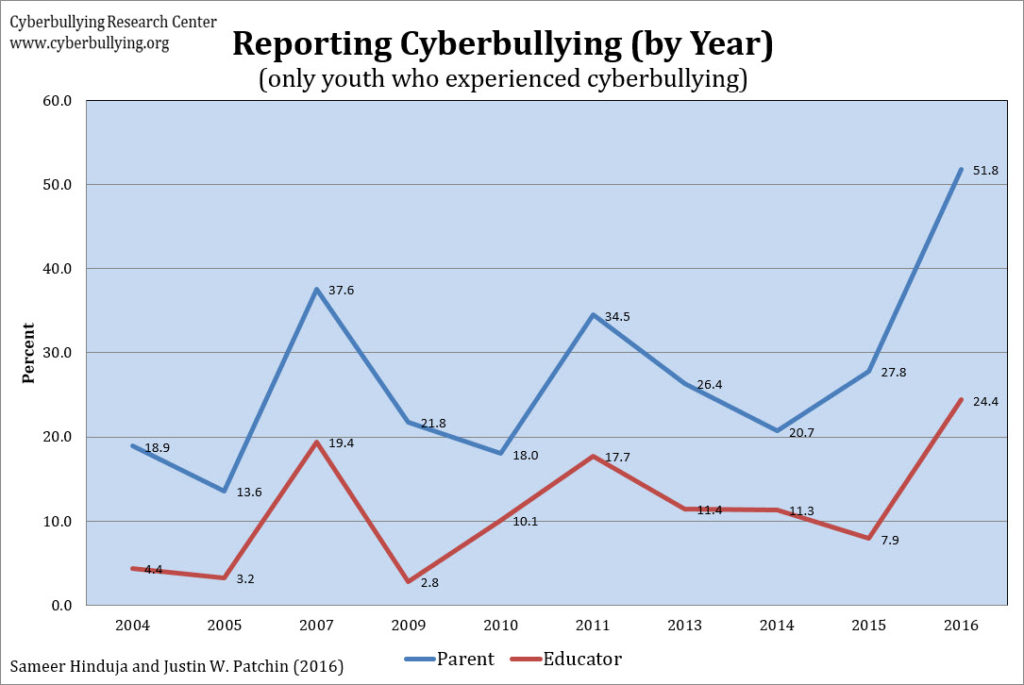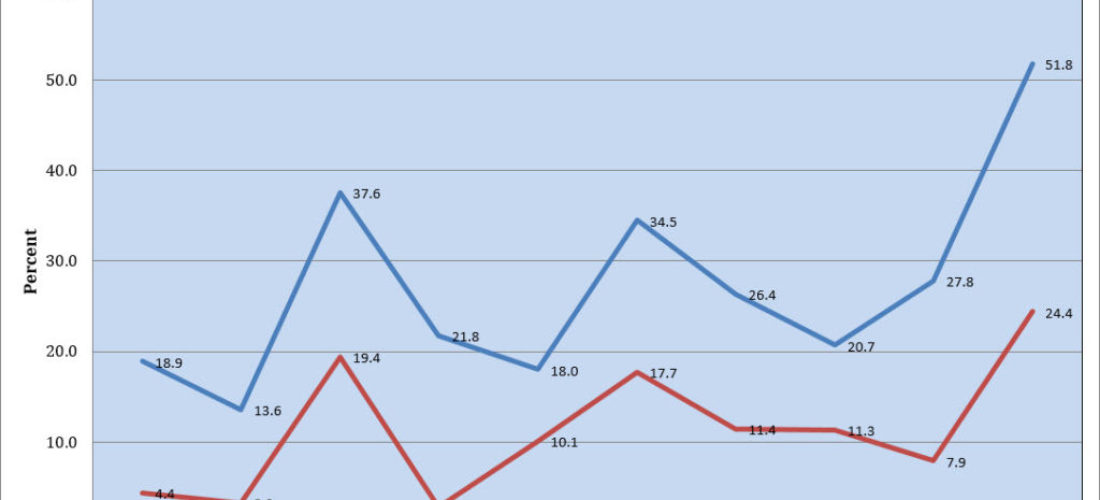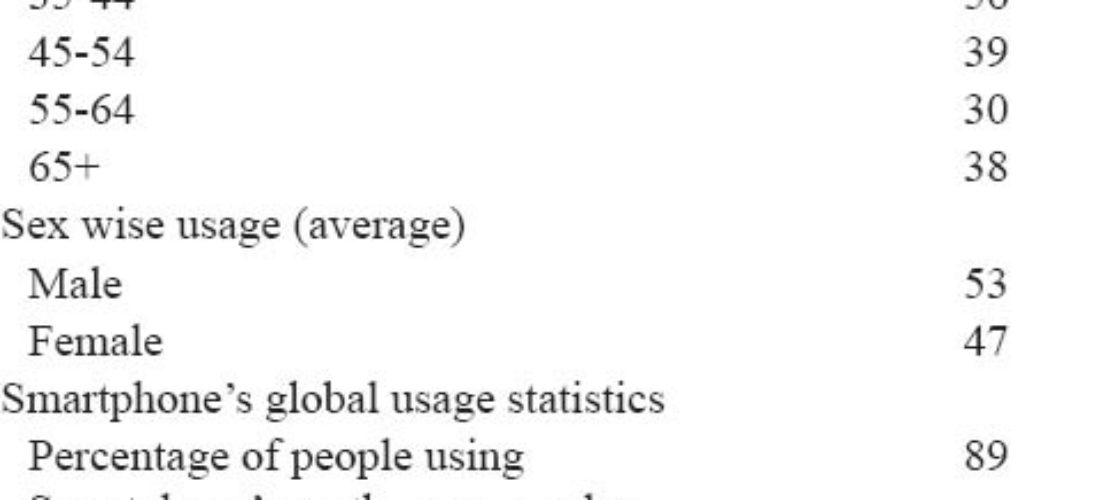
Abstract Importance Conversational agents are smartphone-based computer programs designed to respond to users in natural language, thereby mimicking conversations between people. Many people use their smartphones to obtain health information. Objective To describe the responses of 4 widely used conversational agents (Siri [Apple], Google Now, S Voice [Samsung], and […]
Abstract Background Research literature on problematic smartphone use, or smartphone addiction, has proliferated. However, relationships with existing categories of psychopathology are not well defined. We discuss the concept of problematic smartphone use, including possible causal pathways to such use. Method We conducted a systematic review of the relationship between […]
Abstract: This paper investigates the impact of schools banning mobile phones on student test scores. By surveying schools in four English cities regarding their mobile phone policies and combining it with administrative data, we find that student performance in high stakes exams significantly increases post ban. We use a difference in differences (DID) strategy, exploiting variations in schools’ autonomous decisions to ban these devices, conditioning on a range of student characteristics and prior achievement. Our results indicate that these increases in performance are driven by the lowestachieving students.
This suggests that restricting mobile phone use can be a low-cost policy to reduce educational inequalities.
Younger smartphone owners tend to experience a wider range of emotions vis-à-vis their phone compared with older users — from positive ones like “happy” or “grateful,” to more negative feelings like “distracted” and “angry.”
Click here to view original source U.S. Smartphone Use in 2015 | Pew Research Center
Abstract This study uniquely examined the effects on self, cognition, anxiety, and physiology when iPhone users are unable to answer their iPhone while performing cognitive tasks. A 2 x 2 within‐subjects experiment was conducted. Participants (N = 40 iPhone users) completed 2 word search puzzles. Among the key findings […]
Smartphone addiction among Indian teens can not only damage interpersonal skills, but also it can lead to significant negative health risks and harmful psychological effects on Indian adolescents.
Click here to view original source
Both studies provide evidence that people feel depressed after spending a great deal of time on Facebook because they feel badly when comparing themselves to others.
Mai-Ly N. Steers, Robert E. Wickham, and Linda K. Acitelli (2014). Seeing Everyone Else’s Highlight Reels: How Facebook Usage is Linked to Depressive Symptoms. Journal of Social and Clinical Psychology: Vol. 33, No. 8, pp. 701-731.
Abstract
Two studies investigated how social comparison to peers through computer-mediated interactions on Facebook might impact users’ psychological health. Study 1 (N = 180) revealed an association between time spent on Facebook and depressive symptoms for both genders. However, results demonstrated that making Facebook social comparisons mediated the link between time spent on Facebook and depressive symptoms for men only. Using a 14-day diary design (N = 152), Study 2 found that the relationship between the amount of time spent on Facebook and depressive symptoms was uniquely mediated by upward, nondirectional, and downward Facebook social comparisons. Similarly, all three types of Facebook social comparisons mediated the relationship between the number of Facebook logins and depressive symptoms. Unlike Study 1, gender did not moderate these associations. Both studies provide evidence that people feel depressed after spending a great deal of time on Facebook because they feel badly when comparing themselves to others
Read More: https://guilfordjournals.com/doi/abs/10.1521/jscp.2014.33.8.701
A first study shows that the longer people are active on Facebook, the more negative is their mood afterwards. The second study provides causal evidence for this effect by showing that Facebook activity leads to a deterioration of mood compared to two different control conditions. F
Click here to view original source Research Report Facebook’s emotional consequences: Why it causes a decrease in mood and why people still use it


